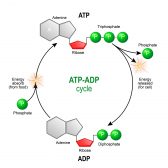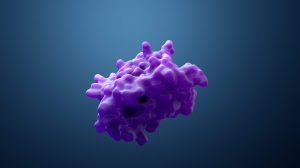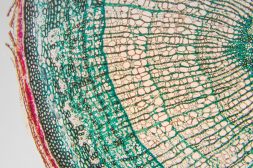Definition
noun
The principle referring to the separation of sensory and motor neurons of the spinal cord, where the dorsal (posterior) spinal roots are sensory and the ventral (anterior) spinal roots are motor, thereby implicating that impulses are relayed in one direction
Supplement
This principle is named after its discoverers, Charles Bell (Scottish surgeon), and Francois Magendie (French physiologist). Prior to their independent observations, many believed that the the spinal nerves were a mix of sensory and motor neurons and that the impulses travel in both directions. This earlier notion was refuted with the separate observations of Bell and Magendie. In particular, Bell described the motor functions of the ventral roots of the spinal nerves whereas Magendie reported both the motor function of the ventral spinal neurons and the sensory function of the dorsal spinal neurons.
Synonym(s):
- Magendie’s law







